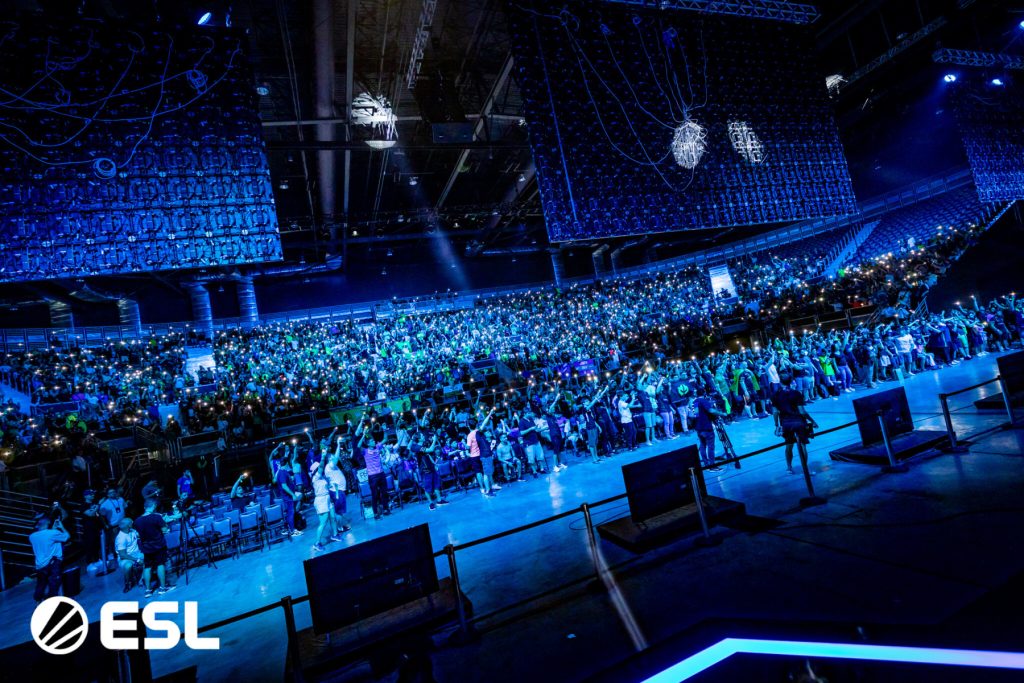
In January 2023, the Brazilian Minister of Sports, Ana Moser, said something that caused a commotion in the Brazilian esports scene: she denied that esports can be considered sports.
Although many would agree with her that sports and esports indeed require clear differentiations, including the Interactive Software Federation of Europe (ISFE), her argumentation was tragically unsound. She compared pro players who train for competitions to pop stars who prepare for concerts, and showed little to no knowledge about the industry.
A few days later, France, which already had some of the best regulations in the world for esports, made yet another step forward by announcing plans for its national esports ecosystem.
What made these two countries, both important for the global esports ecosystem, forge ahead with such vastly different paths within the timespan of a week?
First, I’ll be fair and share exactly what the Brazilian Ministry of Sports said in her interview, with Brazilian news portal UOL: “In my view, esport is an entertainment industry, it is not a sport. So you have fun playing video games, you had fun. The esports athlete trains, but Ivete Sangalo [Brazilian pop star] also trains to put on a show and she is not an athlete, she is an artist who works with entertainment. The electronic game is not unpredictable, it is designed by digital, cybernetic programming. It is a schedule, it is closed, different from sports.”
Moser’s speech reproduces tired, played-out arguments from people who have consistently for decades undermined the value of competitive gaming. I will not go point by point through why her argumentation is so wrong — there’s not enough space in this article for that.
It is important to highlight that Moser’s declaration does not change a thing about how esports is regulated in Brazil. It will not change the industry, contracts, or anything. But it betrays ignorance from a government ministry about the subject and about trends that could carry forward modernisation in the country.
The point is that this way of thinking did not come from nowhere. In my time covering Brazilian esports, I’ve seen local esports stakeholders denying and despising politics. It was only when the Brazilian Confederation of Electronic Sports (CBDEL) — which is largely unrecognised by publishers, organisations and tournament operators in the country — lobbied the government to pass a law recognising itself as Brazil’s representative entity, did the local scene finally react.
Leaders of the industry went to the Brazilian parliament to speak about why esports should not fit into a federative system similar to the one that rules sports, arguing it was clear that there were differences between sports and esports.

Moser watched closely while her friend and former teammate in the Brazilian volleyball team, Senator Leila Barros, helped prevent the law addressing federations in esports from passing. It is understandable in this context why Moser thought esports and sports were not the same thing.
Again, many would agree with the premise — while there’s many similarities from a regulatory perspective, traditional sports regulation was made without an ‘owner’ in mind. Trailblazers have already recognised that — the European Parliament did so when it voted to recognise and fund esports in Europe. Rather, the problem is that Moser used the differences between the two disciplines to belittle it, and used old preconceptions to justify it.
However, after the victory in stopping CBDEL’s law project, Brazilian esports representatives simply returned to lethargy, ignoring invites from political representatives to speak in parliaments and, therefore, missing the chance to educate politicians.
I remember I was recommended by a Brazilian esports leader to speak with a state representative from São Paulo, who also helped stop CBDEL’s law project. He helped do the best thing at that time, but when I spoke to him, I learned it was all for the wrong reasons. His arguments were so embarrassing that I decided to not use anything he said for the article I wrote at that time for The Esports Observer.
While in Brazil esports leaders got involved with politics only when it was existentially necessary, maintaining a stance of otherwise avoiding politics, in France managers from Team Vitality and Karmine Corp engaged with politics so much that they were attending events with President Emmanuel Macron at the Élysée Palace.
The results of both methods are now out for everyone to see.
Ignoring politics has been one of the pillars that sustained the rise of the far-right over the last decade. Talks of ‘outsiders’ and belittling the political system are what led the Donald Trump’s and Jair Bolsonaro’s of the world to power. Now, ignoring politics is also keeping influential people from getting educated on subjects from technology, culture, and social responsibility to, yes, esports.
This will be my last feature written for Esports Insider; yes, this is a farewell. I’m staying in the esports industry, but working more behind the scenes for a great Brazilian organisation; you’ll hear about that soon enough. Since I may not produce this kind of article for a while, I wanted to use it to leave a message to the audience who kindly read my journalism: please, do not deny politics. At some point in my life I also acted like that, but just look around for where that leads us.
We need to take things more seriously and be more hands-on. Politics, as dirty as you may think it is, is what allowed humans to advance as a society. Take that out and all that’s left is barbarism. And you’d be mistaken for thinking esports is above, below, or beyond politics.
I leave this message as a legacy in the esports press. I thank you for reading, thank Esports Insider for the space, and I assure you we’ll meet around again in this industry. Cheers!




